It's good to talk. Early Years teacher, Stephanie Davis shares her insights into how early language skills play a part in a child's educational success, and ways in which parents can support their child's learning now and in the future.
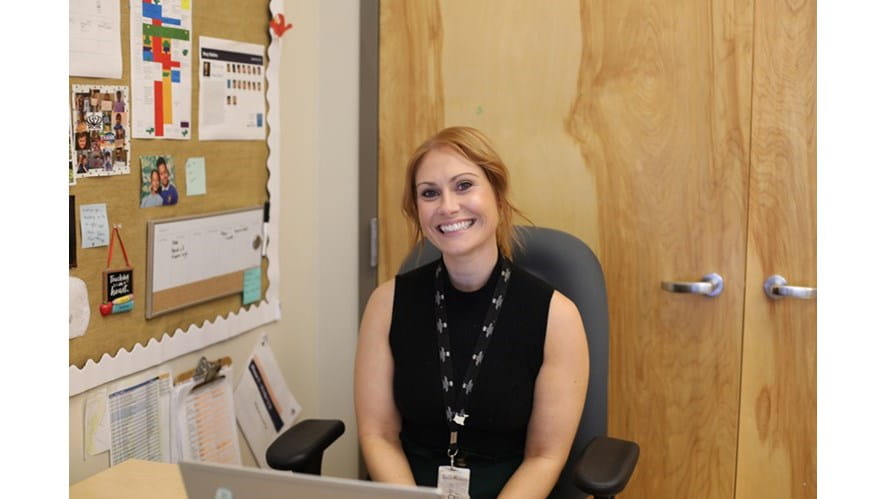
The slogan ‘It’s good to talk’ became famous in 90s Britain as part of a marketing campaign for British Telecom. Over more recent years, banks of educational research have emerged giving this idea some credence, highlighting the importance of early vocabulary. BT didn’t quite know how ahead of the educational game they were with this campaign. The evidence points towards language skills being among the best predictors of educational success. This comes as no surprise, as it is through language that we are able to express ourselves, interrogate information, share our thinking and reasoning, and question those things that we do not understand. The newly revised Early Years Foundation Stage (EYFS) curriculum was warmly welcomed this year, where a heightened focus has been given to the strand of Communication and Language. There has also been a greater emphasis placed on self-regulation and the important relationship that exists between this and language development. It is noted that ‘Language development is central to self-regulation: children use language to guide their actions and plans.’
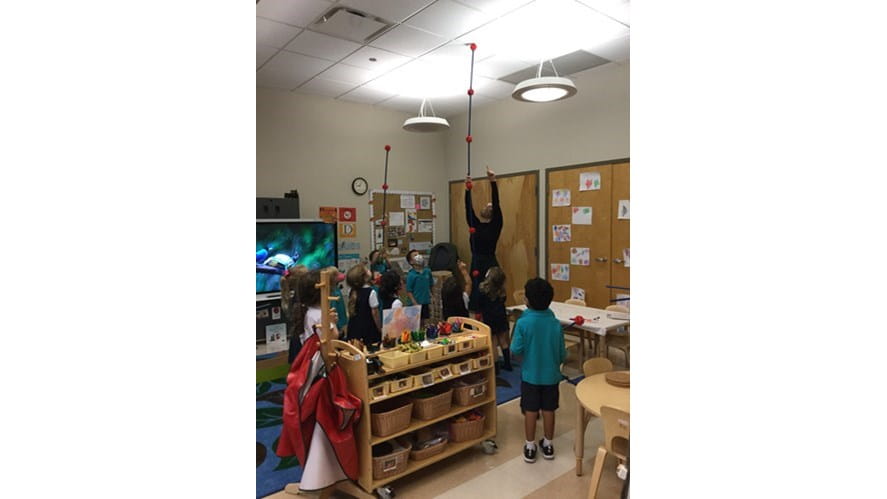
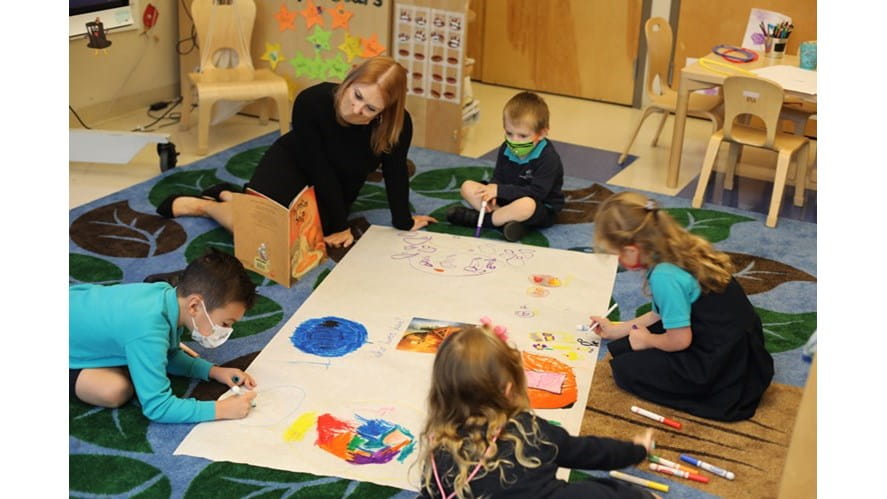
The role of adults in this is of vital importance, as we act as the role models and scaffolds for language. During my teacher training many moons ago, a lecturer was emphasizing the importance of exposing children to a wide vocabulary and not discarding some words because they are ‘too big’ or ‘the children wouldn’t understand’. “Elephant is a big word,” they explained “but we still use it with children. We contextualize it and they understand what it is. Eventually, they learn how to say it themselves.” This has always stayed with me, and I make it my mission to never underestimate children or simplify my language, but rather see using an unfamiliar word as a learning opportunity. The skill of clarifying unfamiliar language becomes more important as children develop as readers. If we can embed this early, and encourage children to enquire about unfamiliar words, they are already rehearsing a vital skill before they will be asked to employ it.
A rich language environment in which vocabulary is celebrated and explored, alongside explicit approaches to teaching new words work together to broaden and deepen the vocabulary that children are able and willing to use. When children are asked how they feel, how often do they lean towards the two main stalwarts – happy or sad? Yet feelings lie on a spectrum. At BISC-LP, we have worked over the last few years to extend children’s vocabulary throughout the school to support them to express their feelings more clearly. Through implicit exposure and explicit teaching, the children now use a more varied vocabulary to explain their feelings to both adults and their peers.
The best bit about all of this – you are already doing what you need to do and, even better, children love to talk… no encouragement required! One of the best ways to support children’s learning now and in the future rests in an easily accessible resource – people. Storybooks too are filled with rich vocabulary and offer lots of opportunities to discuss new words in context. Equally, non-fiction books provide an opportunity to learn topic-specific vocabulary. A child becomes an expert on anything they are particularly enthused about. Topics of interest are always a fantastic place to start exploring new vocabulary, as children are more likely to remain engaged and will want to enquire further. So, whilst this may not be something you want to hear after a particularly long day, encourage your children to talk… lots! It will only enhance their learning now and for years to come.
Stephanie Davis
Reception Teacher, Rosy Robbins



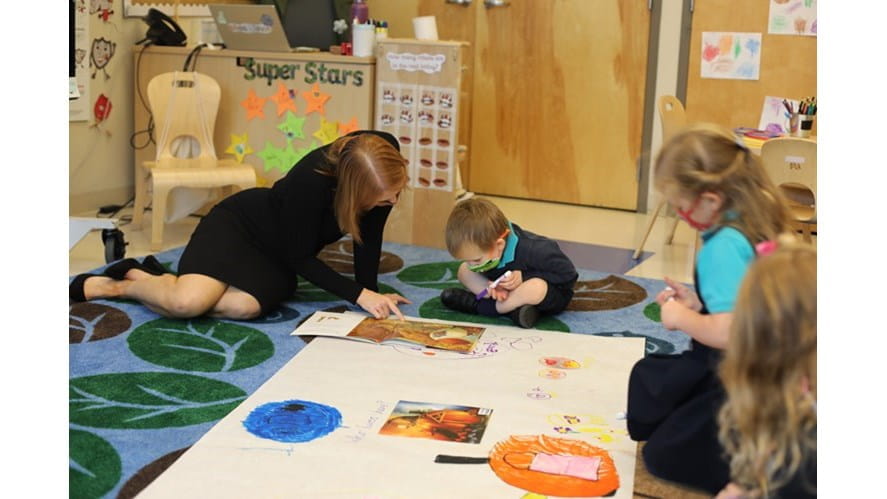
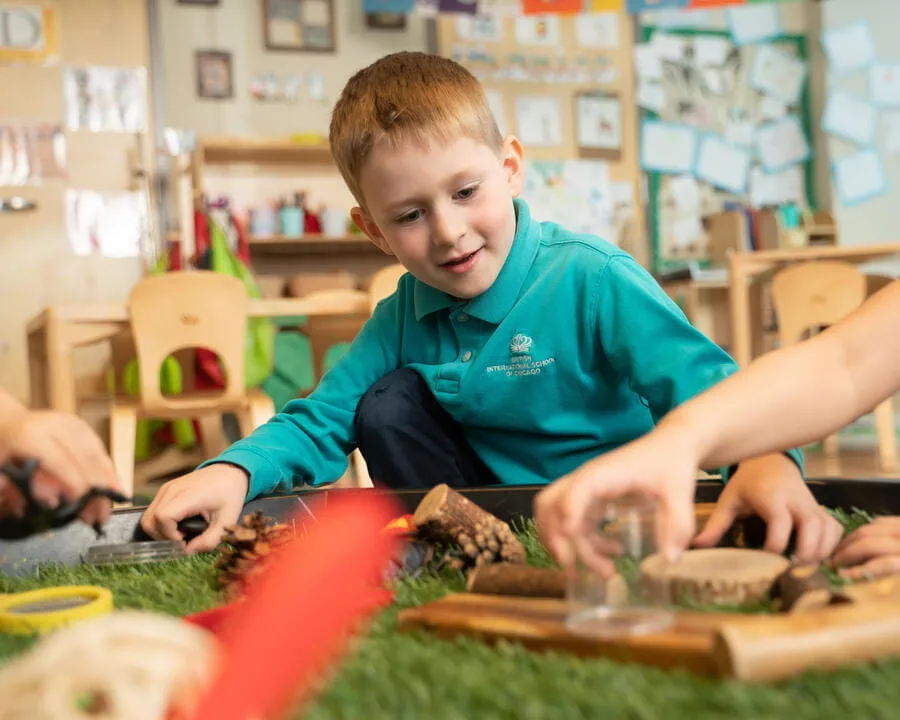



.png?h=720&iar=0&w=1280&rev=090f6aaff5c74988877e2316da2721d6&hash=9F6607FE7CEF7D53B17FB2A670C742F3)
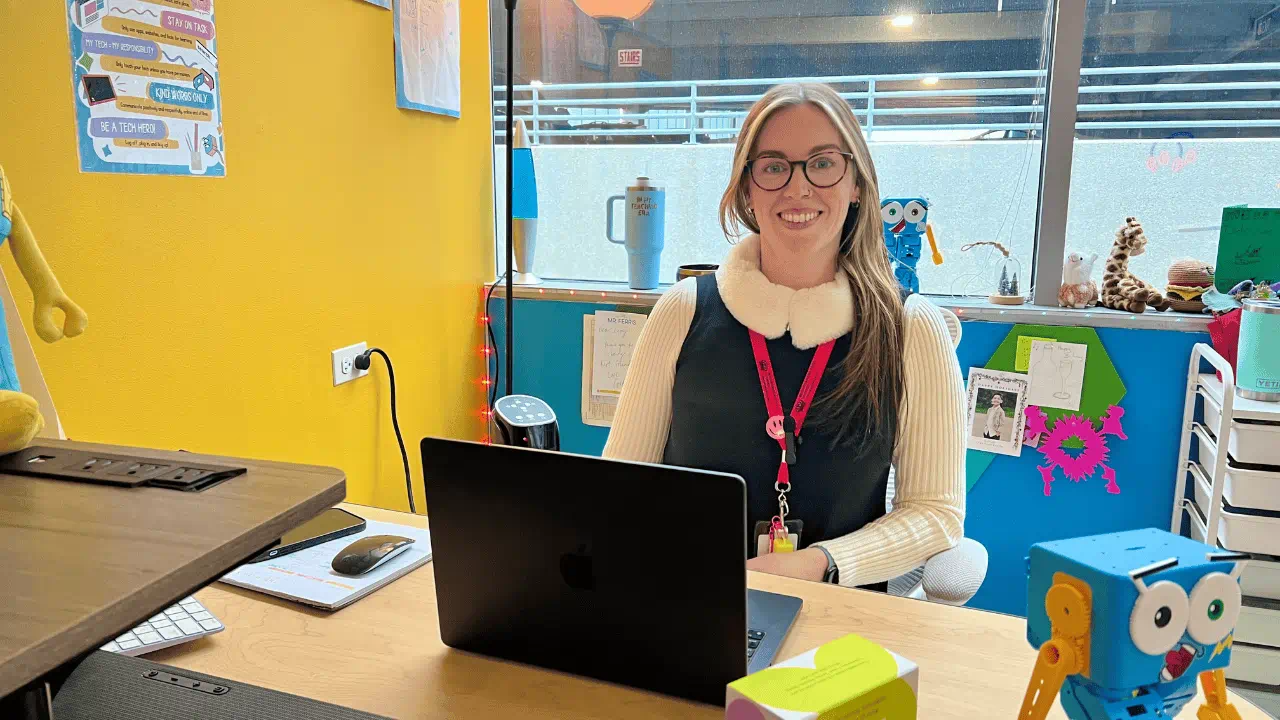
.png?h=720&iar=0&w=1280&rev=2320179e8a134c80a30f57aa0014926d&hash=C88687BFC84BE1EAFF593CD797B94013)
/blog-banner-1280-x-720.png?h=720&iar=0&w=1280&rev=16a05aefba4045d9990a53f442785685&hash=6B05FC5D5038D38284BABCEC2067DB8E)